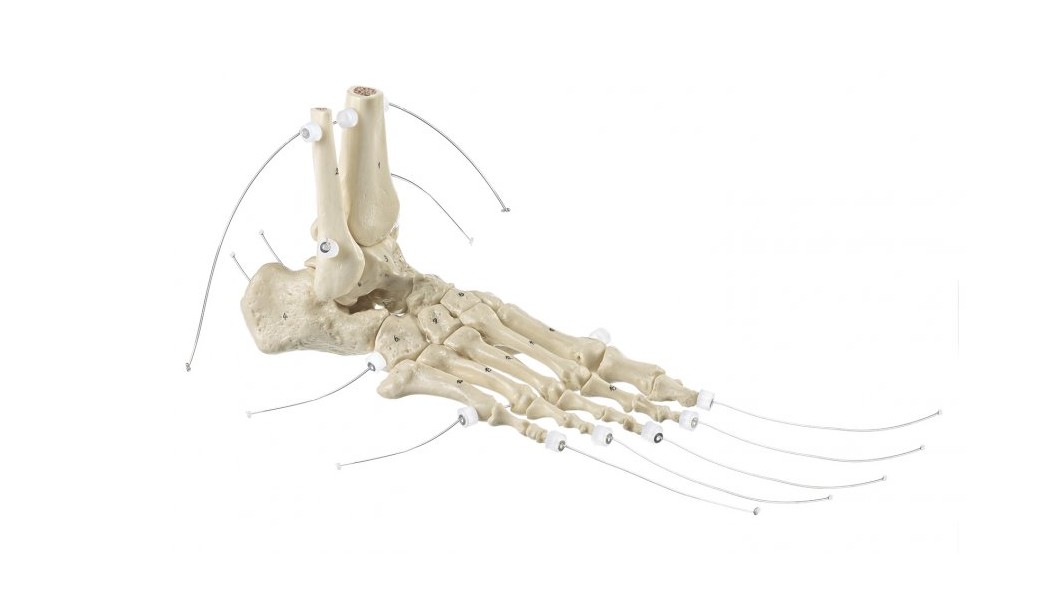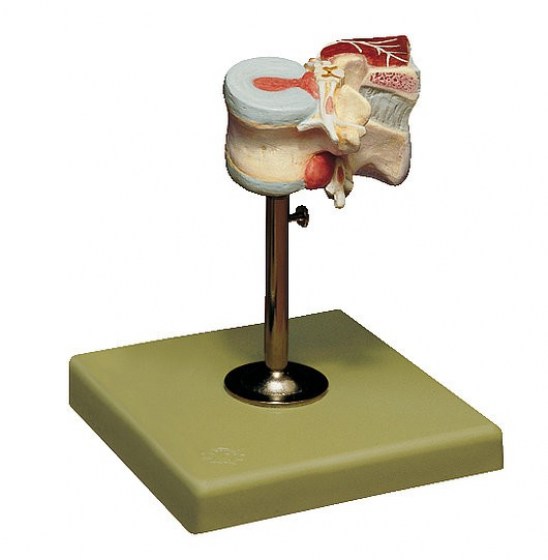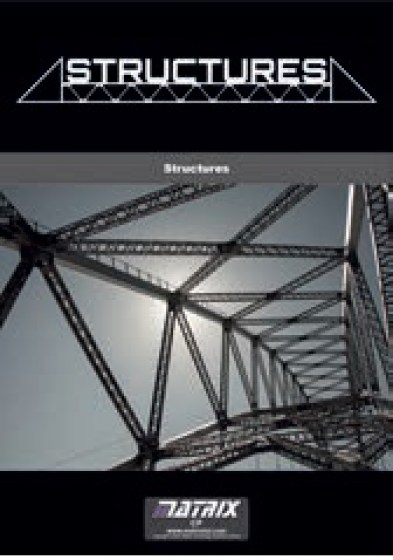Do you need advice? +420 545 235 668
Torsion of Rods
Catalog number: ST0386
Product availability: Delivery date HERE
Weight:
5 Kg
Description
This kit allows students to understand the torsional elastic properties of rods. Students choose from a selection
of test rods and fit them to the experimental work panel. They can adjust the distance between the chucks for
tests on varying rod length. Each chuck includes pointers that work with the scale on the platform for accurate
positioning.
Students apply angular deflection to the specimen using a chuck which includes a precision potentiometer
to measure the angular deflection, which is then displayed on the LCD display. The other chuck connects to a
load cell to measure the resulting torque, which is displayed on the other LCD display. Students use textbook
beam equations to predict the deflection and torque relationship and compare the calculated results with
the measured results. This helps confirm the reliability of the textbook equations and the accuracy of the
experiment results.
This product includes a set of rods of different metals for comparison of the elastic properties, dimensions and
polar second moment of area (‘J’ value). It also allows the student to vary the effective length of the rods to see
how this affects the magnitude of deflection for a given torque.
The angle and load cell output is connected to the USB interference and can have the data acquisition through
the USB cable.
Learning objectives / experiments:
• Torsion formula
• Rod length and angle of twist
relationship
• Rod material and angular deflection—
the elastic (shear) modulus (G)
• Rod cross-sectional dimensions and
torsion—the polar second moment of
area (J)
of test rods and fit them to the experimental work panel. They can adjust the distance between the chucks for
tests on varying rod length. Each chuck includes pointers that work with the scale on the platform for accurate
positioning.
Students apply angular deflection to the specimen using a chuck which includes a precision potentiometer
to measure the angular deflection, which is then displayed on the LCD display. The other chuck connects to a
load cell to measure the resulting torque, which is displayed on the other LCD display. Students use textbook
beam equations to predict the deflection and torque relationship and compare the calculated results with
the measured results. This helps confirm the reliability of the textbook equations and the accuracy of the
experiment results.
This product includes a set of rods of different metals for comparison of the elastic properties, dimensions and
polar second moment of area (‘J’ value). It also allows the student to vary the effective length of the rods to see
how this affects the magnitude of deflection for a given torque.
The angle and load cell output is connected to the USB interference and can have the data acquisition through
the USB cable.
Learning objectives / experiments:
• Torsion formula
• Rod length and angle of twist
relationship
• Rod material and angular deflection—
the elastic (shear) modulus (G)
• Rod cross-sectional dimensions and
torsion—the polar second moment of
area (J)





